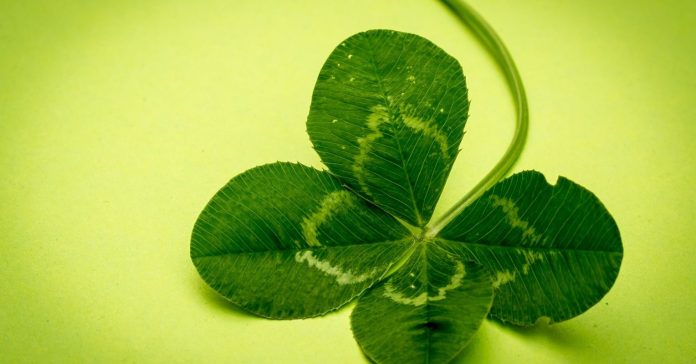People use “luck charms” to influence the outcome of conditions that have a higher uncertainty of a positive outcome than they use charms to influence an outcome that is dependent on a learned behavior. These are the conclusions of a series of six tests conducted by Eric Hamerman at Tulane University and Carey Morewedge at Boston University on a random set of individuals that were not necessarily considered superstitious.
The study shows that people are more prone to rely on the help of a lucky charm like a rabbit’s foot or a special avatar when the outcome of the situation is connected to temporary or chronic performance goals. People do not trust to luck when learning is involved in the pursuit of a specific goal. Reliance on a symbol of luck was shown to increase people’s confidence in the outcome and their abilities to achieve a specified outcome as long as the outcome was not directly connected to a learned behavior.
The outcome of any individual’s efforts was not found to be a function of any lucky charm or the person’s belief in the power of a lucky charm. Luck has nothing to do with success in games, romantic situations, or work according t the research. The power of a charm of any kind was found to be totally in the person’s belief in the power of the charm.
According to the researchers luck has little to do with the prediction of any outcome of any kind. The benefit of belief in the power of any charm or totem is totally a function of a person’s belief in themselves. Performance in a situation that demanded a learned skill did not change if a person had their “lucky charm” available or not. Success means work and practice and luck has a function but that luck is an influence of the behavior of other people not the belief in any power of a charm. Luck can be considered as entropy.















